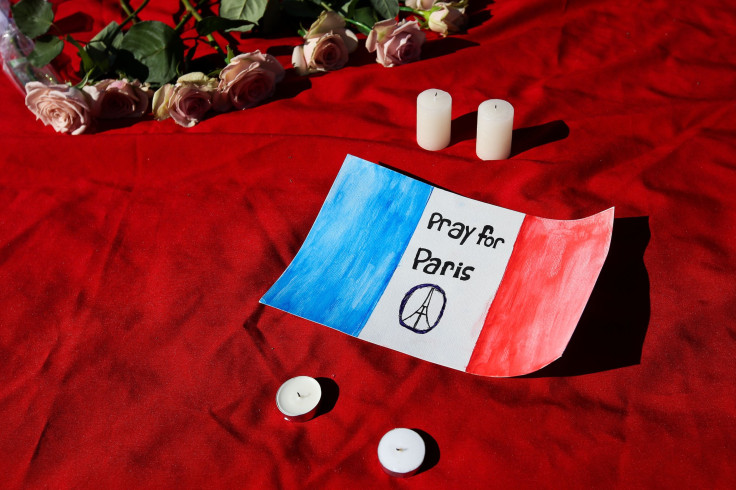Paris Terror Attacks: Australian Cleric Criticized For Linking French Attacks To Racism, Islamophobia

Australia’s most senior Muslim cleric was criticized Tuesday by ministers for linking last week’s Paris attacks to racism and Islamophobia, the Associated Press (AP) reported. At least 129 people were killed and hundreds were wounded after shooting and suicide bombing attacks in Paris on Friday night.
Government ministers accused the grand mufti of Australia, Ibrahim Abu Mohammed, of promoting a “victim mentality” among extremists by claiming the Paris attacks was provoked by discontent at racism, Islamophobia, security laws and foreign policy decisions. The mufti's comments came in a statement issued late Sunday, where he and the Australian National Imams Council offered their deepest condolences to the families and friends of victims of the attacks by the Islamic State group, also known as ISIS.
“These recent incidents highlight the fact that current strategies to deal with the threat of terrorism are not working,” the statement said, according to AP. “It is therefore imperative that all causative factors such as racism, Islamophobia, curtailing freedoms through securitization, duplicitous foreign policies and military intervention must be comprehensively addressed.”
On Tuesday, lawmakers and media commentators slammed the statement. Immigration Minister Peter Dutton condemned the comments and challenged Mohammed, an Egyptian-born religious scholar, to condemn the attacks. The grand mufti has not responded to the criticism.
“I’ve condemned the comments and I think they are a very poor message to young Muslims and to people of good faith across the country,” Dutton told Sydney Radio 2GB, according to AP. “The opportunity’s there today for the grand mufti to come out and clarify his comments and make it very clear that he condemns these acts of terrorism, these murderous acts, without reservation as other leaders have done.”
While Australia’s Treasurer Scott Morrison reportedly said that “Australians were let down by the mufti,” Ikebal Patel, former president of the Australian Federation of Islamic Councils, said that the grand mufti could be viewed as an apologist for the attackers because of the statement.
“For the grand mufti to come out and make a statement of that sort when we don’t have the details of what has gone on, it’s disappointing,” Patel reportedly said.
Philip Ruddock, the government’s special envoy for citizenship and community engagement, said that the cleric’s comments sent a wrong message about extremism.
“We want to be as inclusive as possible with social cohesion, but equally there can be no justification for terrorism and this victim mentality that somehow we are entitled to defend terrorism because of Islamophobia,” Ruddock told the Australian. “I reject that past engagements involving the removal of gross human rights abusers such as Saddam Hussein, who had no hesitation of using chemical weapons, in some ways justifies some people in believing they have to attack us and our society.”
© Copyright IBTimes 2025. All rights reserved.





















